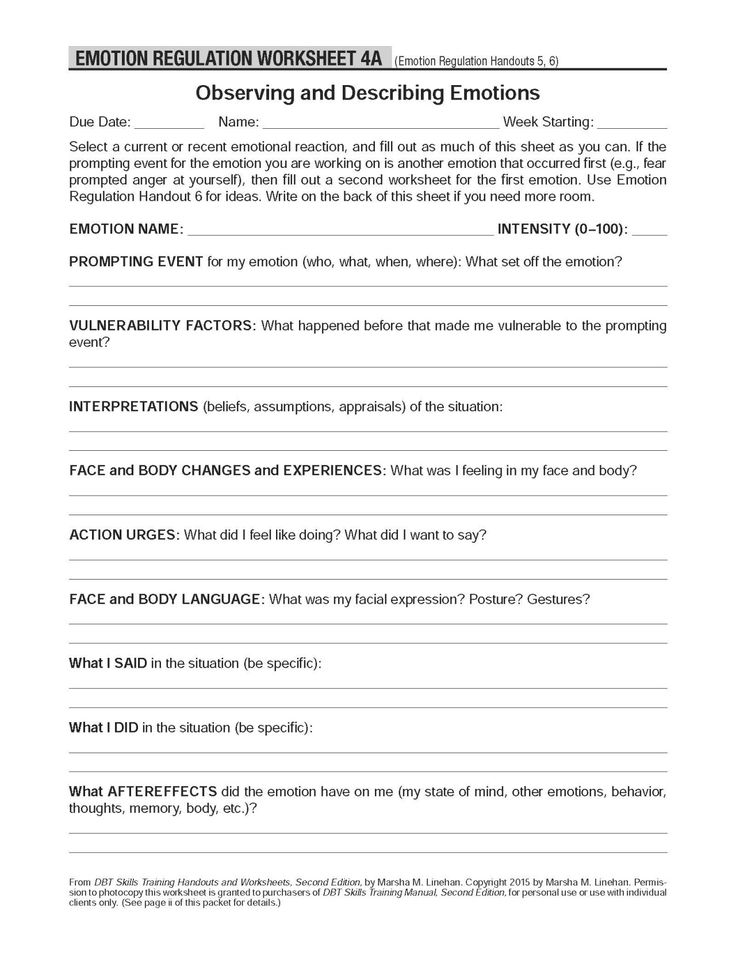Negative Language : The Word “Should”
In talking about our goals, many use the word “should” a lot. Most of us think it’s just a simple word that helps us get out of boring conversations and confrontations about our bad habits. There is nothing further from the truth. “Should” poisons our speech, our minds, and ambitions by implying that what we’re doing isn’t good enough, and something else would make us better off. Think “will” or “am” for empowerment.
Saying you “should” brings up three possibilities for what you mean:
1. It’s an duty that you do not wish to do.
We don’t talk about how we “should” do things that we don’t feel duty-bound to do. If we are excited about eating cheesecake we don’t say, “I “should” eat cheesecake.” We go ahead and eat it! However, if we feel obligated to eat celery, it becomes a “should.” If making cookies for the bake sale is a “should,” it’s a responsibility we took on but really don’t enjoy. If it were a fun activity, it would be easy to just do it.
2. You have an excuse as to why you’re not going to do it .
“I “should” ________________,” is usually followed by, “but ______________.” When you say things like this, you are telling the world that you agree one course of action would be advisable, but you’re going to do the exact opposite. Imagine how you would sound telling your boss, “I know that I should stay late and finish the proposal so I am prepared for tomorrow’s meeting, but instead of doing that I am going to go home and take the chance of not finishing it before the meeting tomorrow morning.”
Does this sound foolish to you? If this is what you really mean, why bother disguising with a “should?” Deep down, you know what’s really going on.
3. You know exactly what you need to do to make things better, yet you haven’t started yet!
For all of you out there who “should” stop smoking, who “should” lose weight, or who “should” go back to school, you know exactly what you want to do to make your life better for yourself, and you’re using “should” as a lame excuse not to take action! Of course, standing on the sidelines is much easier than running after the ball, but you don’t win any games that way.
If you have a long list of “should’s” and a short list of goals, choose which of those “should’s” you will follow through with and put your plans on paper. A better option is to say “I will…” or “I am…”
Turn your “should’s” into definite “will’s” or “will not’s.” While “should” can be added to the negative words to delete from you lexicon, “will” gives you personal power and resolve to get things done in a positive light. With fewer “should’s” in your vocabulary, you’ll find yourself running down the road to accomplishment. Your goals become easier to accomplish. You will want to get things done, and possibly smile while doing them.
